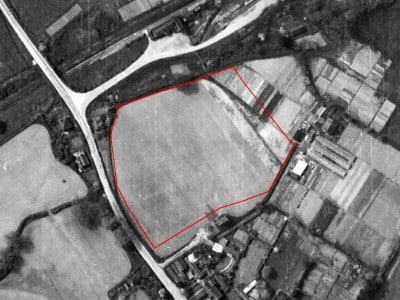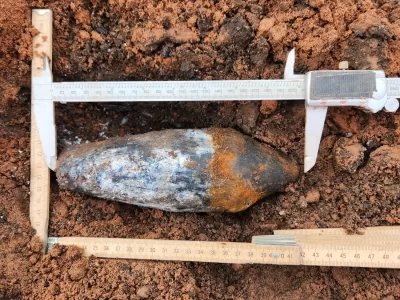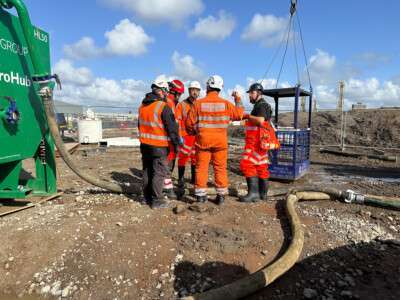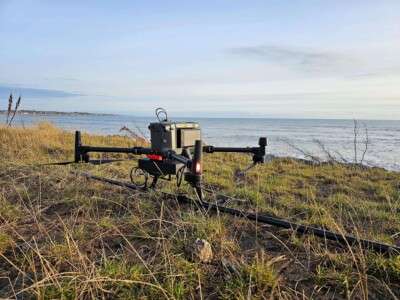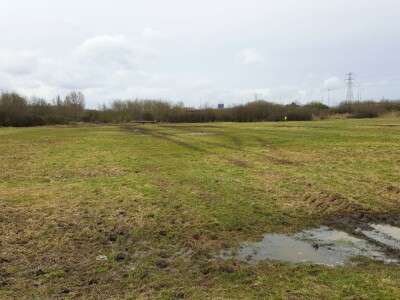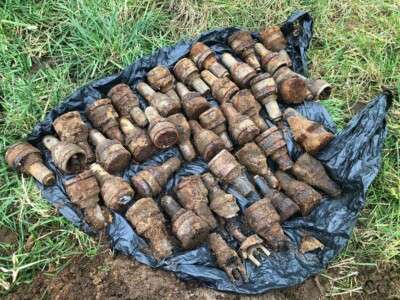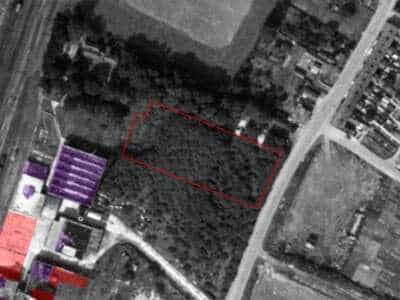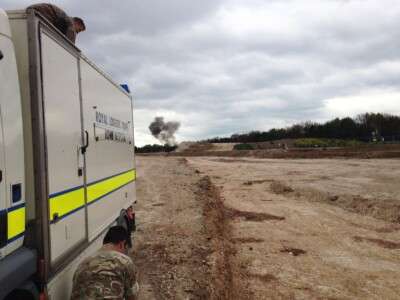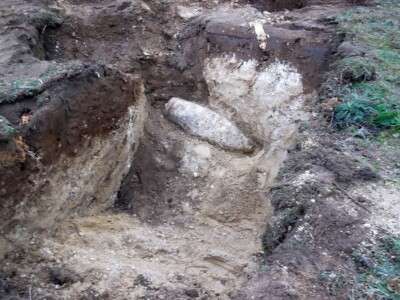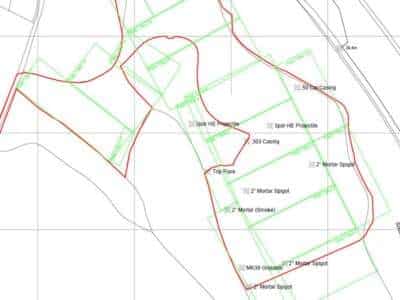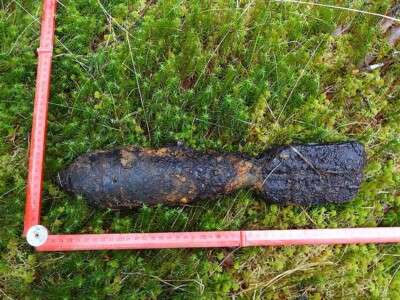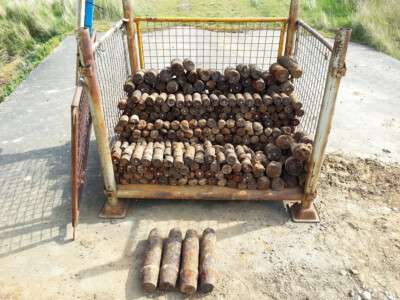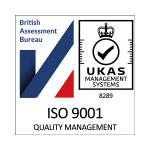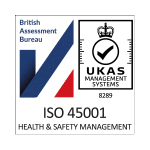Home » Resources » Case Studies »
Case Study Overview
Client
The National Trust
Location
Ivinghoe Beacon, Buckinghamshire
Industry
Land Management
Project Duration
October 2021
0.5 Hectares
Area subject to Search & Clear
UXO Finds
1 x Live High Explosive 2-inch Mortar
Challenge
In October 2021, 1st Line Defence was contacted by The National Trust regarding a site within a public park and conservation area, at Ivinghoe Beacon in Buckinghamshire.
Planned works comprised of the removal of vegetation to re-establish pathways and public access in the area – and a number of burning areas were identified to dispose of waste vegetation. At the time of the initial enquiry, the client was aware that the area had been formerly used by the military during WWII, and several items of UXO had recently been recovered from the site.
Based on this information and in consultation with the client, a bespoke UXO Risk Assessment was recommended plus an in-person site visit to discuss the project in more detail.
Process
Stage 1 – Detailed UXO Risk Assessment
1st Line Defence undertook a Detailed UXO Risk Assessment, which revealed that the area had been used by the British Army for training and billeting during the build up to Operation Overlord; the Allied Invasion of Normandy – during the first half of 1944.
It was also discovered that the British Army had conducted a number of Explosive Ordnance Clearance (EOC) tasks in the area of the site, dating back as far as the 1950’s. Archived newspaper reports also confirmed that in the 1960’s, a pupil from a local school found a ‘live’ 2-inch Mortar round in the vicinity of the site which resulted in injury.
Because of previous site use and history, the site was assessed to be at a ‘Medium-Risk’ of UXO contamination being present, and additional UXO risk mitigation was recommended.
Stage 2 – Risk Mitigation Strategy
During the site visit and an examination of the site topography, 1st Line Defence was able to ascertain the likely firing positions within the site – and advise the client on the most probable areas in which EOC tasks had been completed.
We was also able to recommend to the client the most pragmatic way of mitigating the UXO risk within the main works areas, and 1st Line Defence recommended a Search & Clear operation of three vegetation burning areas – and UXO Safety & Awareness Training for any new or existing staff conducting site clearance.
This methodology would cover all areas of the site that were being developed or accessed and if any UXO-related items were discovered, they could be checked, identified and removed safely – and the risk from UXO would be reduced to as low as reasonably practicable (ALARP) before ground works commenced.
Stage 3 – UXO Support
The Search & Clear team completed the investigation of the three burning areas, and a number of targets were identified for further investigation.
These items were investigated and a ‘live’ 2-inch Mortar round (pictured below) was recovered, plus some other items which were UXO-related scrap. The ‘live’ Mortar round was destroyed in-situ by local EOD authorities and the remaining items of UXO scrap were safely disposed of by 1st Line Defence.
Outcome
Following the Search & Clear operations, the risk from UXO was reduced to ALARP status – the client was able to safely dispose of the vegetation and complete the project on-schedule.
Click on the following link to download a PDF copy of the Case Study for Ivinghoe Beacon, Buckinghamshire.
Latest Case Studies
Do you have a project in Buckinghamshire? Need advice but not sure where to start?
If you need advice about UXO risk mitigation in Buckinghamshire, contact us today and we will guide you through the process.
Contact Us
* indicates required fields
